Dental Issues & Tips For People Over 50
Dental Issues & Tips For People Over 50
As we age, certain dental issues become more prevalent among older adults. Understanding and addressing these concerns can help individuals aged 50 and older maintain good oral health. Here are some common dental issues experienced by this age group, along with valuable tips to promote oral well-being.
Gum disease
Protecting Your Gums: Changes in gum tissue and bone structure make older adults more susceptible to gum disease. To protect your gums:
- Maintain thorough oral hygiene practices: Brush your teeth at least twice a day, floss daily, and use an antimicrobial mouthwash. This routine helps prevent gum disease, tooth decay, and other dental issues.
- Schedule regular dental checkups: Regular visits to your dentist every six months are crucial. These checkups allow for early detection and treatment of gum disease, preventing further damage.
- Quit smoking: If you smoke or use tobacco products, quitting can significantly reduce the risk of gum disease, tooth loss, and oral cancer.
Tooth decay
Strengthening Your Teeth: As we age, the enamel on our teeth can wear down, increasing the risk of tooth decay. To prevent tooth decay:
- Practice effective oral hygiene: Brush with fluoride toothpaste, use a soft-bristle toothbrush, and clean between your teeth with floss or interdental brushes.
- Stay hydrated and manage dry mouth: Certain medications and health conditions can cause dry mouth, leading to an increased risk of tooth decay. Drink plenty of water and consider using over-the-counter saliva substitutes to combat dry mouth.
- Opt for a healthy diet: A nutritious diet rich in fruits, vegetables, whole grains, and lean protein contributes to good oral and overall health. Limit sugary and acidic foods and beverages that can erode tooth enamel.
Dry mouth
Certain medications and health conditions can cause dry mouth, which can increase the risk of tooth decay and gum disease.
Tooth loss
Preserving Your Smile: Tooth loss becomes more common as we age due to factors such as gum disease, tooth decay, and other dental issues. To address tooth loss:
- Maintain oral hygiene and regular dental visits: By practicing good oral hygiene and visiting your dentist consistently, you can prevent and address issues that lead to tooth loss.
- Consider dental treatments: Dental implants, dentures, and periodontal therapy are effective solutions for tooth loss and gum disease. Discuss these options with your dentist to determine the best course of treatment for your specific needs.
Dental Tips for People Over 50
To improve their dental health around these issues, people aged 50 and older can take several steps, including:
Maintain good oral hygiene practices
Brushing twice a day, flossing daily, and using mouthwash can help prevent gum disease, tooth decay, and other dental issues.
Schedule regular dental checkups
Regular dental checkups every six months can help detect and treat dental problems early on, preventing further damage.
Quit smoking
Quitting smoking or using tobacco products can reduce the risk of gum disease, tooth loss, and oral cancer.
Manage dry mouth
Drinking plenty of water and using over-the-counter saliva substitutes can help manage dry mouth and reduce the risk of tooth decay and gum disease.
Eat a healthy diet
Consuming a diet rich in fruits, vegetables, whole grains, and lean protein can help maintain good oral and overall health.
Consider dental treatments
Dental implants, dentures, and periodontal therapy are effective solutions for tooth loss and gum disease. Discuss these options with your dentist to determine the best course of treatment for your specific needs.
Address teeth grinding: Teeth grinding or clenching, also known as bruxism, can cause damage to teeth and lead to tooth sensitivity, jaw pain, and headaches. Using a mouthguard at night can help protect teeth from damage.
Address denture issues
If you wear dentures, it is important to ensure that they fit properly and are well-maintained to prevent discomfort, irritation, and infection.
Address underlying health issues
Certain health conditions such as diabetes and osteoporosis can affect oral health, so it is important to manage these conditions and work with your healthcare provider to ensure they are under control.
Consider dental insurance
Making Oral Care Accessible: Dental insurance can help make dental care more affordable and accessible for individuals aged 50 and older. Explore dental insurance options: Look into dental insurance plans to help cover the cost of preventive care and address dental issues before they become more serious.
By following these steps, people aged 50 and older can maintain good oral health and prevent dental issues that are more common in older adults.
Schedule Your Appointment Today
SCHEDULE AN APPOINTMENT



